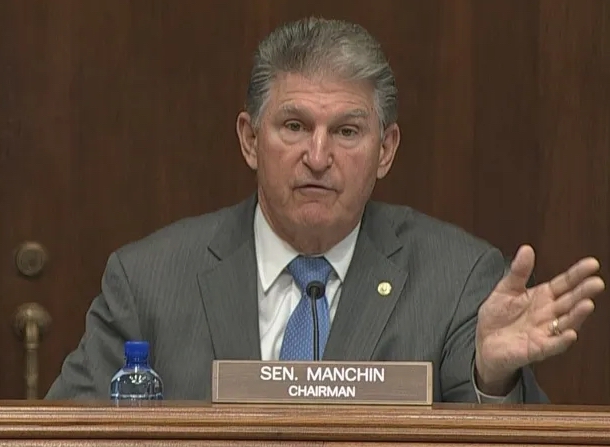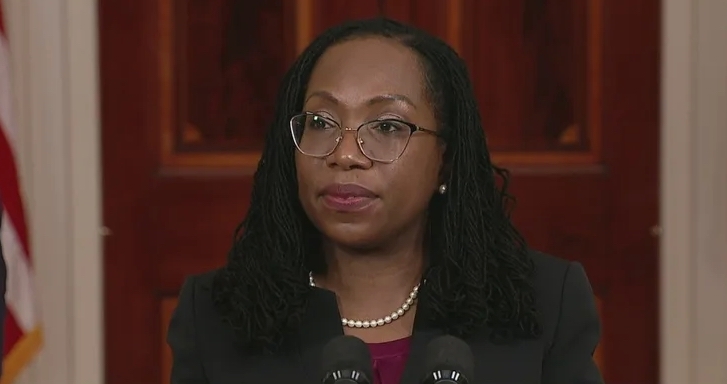Margot Cleveland of the Federalist contrasts two recent high-profile government investigations. Compared to the probe of the Jan. 6, 2021, riot at the U.S. Capitol, Cleveland finds the search for the U.S. Supreme Court’s Dobbs opinion leaker lacking.
It is not too late, however, to run down such connections, as Curley stressed that “to the extent that additional investigation yields new evidence or leads, the investigators will pursue them.”
The investigators should also pursue another tool they appeared to have ignored, given the details discussed in last week’s report: geolocation data.
Obtaining any available geolocation data for those with access to the draft Dobbs opinion over a span of a few months before and after the leak should help isolate any atypical areas to which they traveled — something one would expect in the case of a leaker meeting a reporter to hand off a physical copy of the draft opinion, which, from the investigative report, appears the most likely scenario for how Politico obtained the draft. Likewise, geolocation data could show that an individual traveled to an out-of-the-way place but then remained there for only a short period of time, again something consistent with meeting a reporter to hand off the stolen opinion.
From there, investigators could seek from Google any cell phone location data of individuals located within the same area and determine if those cell phones connected to anyone at Politico. Or the marshal’s investigative team could look for anyone who deleted location data in the relevant time period. Reviewing available footage from security cameras located in suspicious areas may also turn up some results.
After all, the feds did this and more to identify any individuals located near the Capitol complex on Jan. 6, 2021, whether they had any reason to believe they had broken the law, as opposed to merely peacefully protesting. Of course, there the government wanted to find the “bad guys” — here, maybe not so much.


